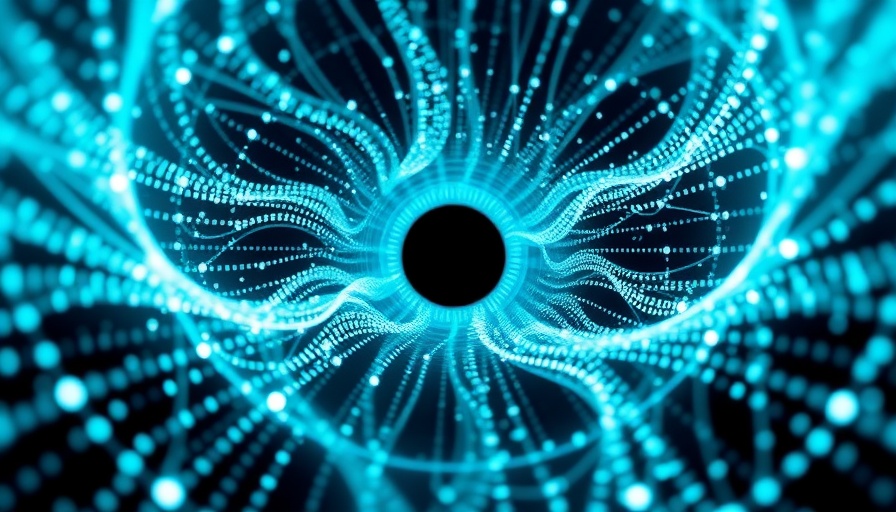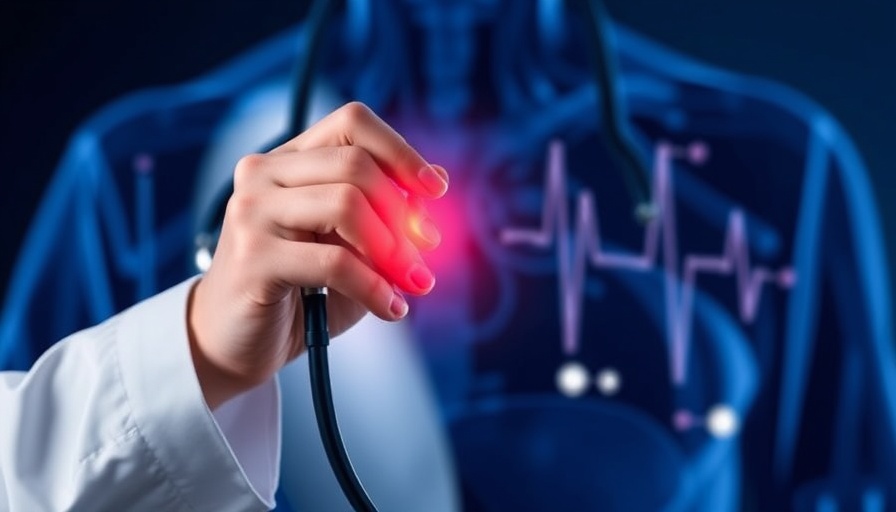
The Rise of Self-Healing Networks in Healthcare
In today's fast-paced world, healthcare organizations face myriad challenges in maintaining continuous network uptime. With reliance on digital health tools and AI-powered medical solutions, any downtime can significantly impact patient care and outcomes. As cyberattacks and natural disasters loom large, self-healing networks are emerging as a crucial technology to sustain operational efficiency and bolster security.
What Are Self-Healing Networks?
Self-healing networks utilize advanced AI and machine learning algorithms to monitor network performance around the clock. This proactive approach allows the system to analyze traffic patterns, detect anomalies, and implement automatic corrections to minimize downtime. Larry Lunetta from HPE Aruba Networking points out various causes requiring network healing, from equipment malfunctions to the threat of malicious cyber activity.
A Game Changer for Healthcare
This technology is particularly beneficial for healthcare sectors, where every moment counts. A self-healing network not only optimizes performance but also reassures healthcare professionals that they can rely on their systems without fear of unexpected outages. Christian Gilby from Juniper Networks explains how AI-driven health solutions can swiftly diagnose network issues and either resolve them autonomously or support administrators in finding solutions.
The Future of AI in Healthcare Systems
As healthcare technology continues to evolve, the significance of AI in healthcare will only grow. Self-healing networks stand at the forefront of this evolution, resonating with the need for reliable systems that adapt to changing organizational demands. The integration of self-healing capabilities represents a pivotal moment for telemedicine AI and digital health innovations, maximizing the efficacy of virtual health assistants and wearable health tech.
Why Trust Is Key
To harness the full benefits of these self-healing networks, healthcare organizations must foster a culture of trust in their automated systems. Integration of AI into healthcare systems asks organizations to shift their mindset about technology—trusting it to enhance operational efficiency and ultimately improve patient outcomes. Balancing trust with robust security measures is crucial to this journey.
As we embrace these advancements, the promise of improved healthcare delivery, enhanced security measures, and the potential for groundbreaking medical AI applications shines brightly on the horizon. Organizations must proactively prepare for this shift to unlock the transformative potential of self-healing networks.
 Add Row
Add Row  Add
Add 




Write A Comment